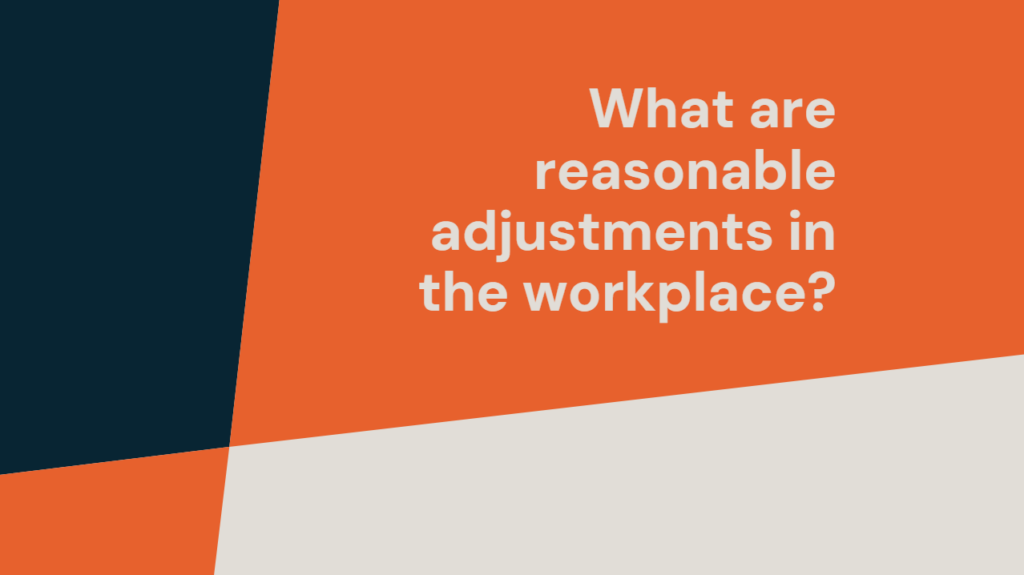Transitioning from military to civilian life brings many changes, and one of the most important is finding meaningful employment. Work can offer structure, purpose, and connection—elements that are often disrupted during this shift.
This article shares practical advice and resources to help you navigate the employment landscape, identify your strengths, and explore new opportunities.
Translating your service into civilian skills
Military roles are often complex and specialised. While some positions, like pilot, nurse, or clerical officer, translate easily into civilian terms, others require more interpretation.
A helpful starting point is to reflect on what you enjoyed most in your role, what you were recognised for, and what your daily responsibilities involved.
Resources such as the ADF careers page and the Translating Military Experience portal by RSL Australia can help you reframe your experience in language that civilian employers understand.
If you’re comfortable, sharing performance appraisals or discussing them with a career advisor can also provide insight into your transferable skills.
Soft skills that civilian employers value
Your military experience has equipped you with a range of soft skills that are highly valued in civilian workplaces:
- Reliability and professionalism: You’re trained to be punctual, well-presented, and health conscious.
- Team-first mindset: You understand the importance of working collaboratively and prioritising team outcomes.
- Adaptability: You’ve worked in diverse environments and are comfortable with change.
- Resourcefulness: You know how to solve problems creatively, often with limited resources.
- Communication: You’ve developed strong written and verbal communication skills, from emails to detailed reports.
These qualities are especially relevant in roles that require leadership, ethics, and resilience.
Bridging the gap: Training and tools
You may need to pursue additional training or qualifications to meet civilian job requirements. Here are some useful options:
- CLET assessments to evaluate your transferable skills.
- Civilian-recognised qualifications offered through ADF programs.
- Online learning platforms such as www.alison.com, which offers free certificate-level courses across a wide range of subjects.
Job search platforms tailored for veterans include:
- Find a Job | Veterans and Veteran Partners | RSL Queensland
- State-based portals like https://iworkfor.nsw.gov.au and www.qld.gov.au/jobs
Financial planning and support
Managing finances during your job search can be challenging, especially if you’re adjusting to new income levels or budgeting your DVA pension.
Support services such as www.braverytrust.org.au and www.apex.org.au offer tailored advice to help you plan and stay on track. These services can assist with budgeting, understanding entitlements, and managing financial stress during periods of transition.
Connecting with career support
Career support goes beyond job listings. It includes coaching, mentoring, and networking opportunities that can help you build confidence and set realistic goals.
Platforms like www.ironsideresources.com.au offer career coaching tailored to military experience. You can also explore:
- www.defence.gov.au/adf-members-families/military-skill-recognition
- Beginning civilian employment | Veteran Employment Program
These tools connect you with professionals and peers who understand your background and can support your career journey.
Looking ahead
Your service has equipped you with valuable skills, discipline, and experience.
As you move forward, know that there are resources and people ready to support you. Whether you’re exploring new career paths, pursuing further education, or simply seeking guidance, you’re not alone.
Take the time to reflect, reach out, and explore what’s next—you’ve already proven your ability to adapt and lead.




